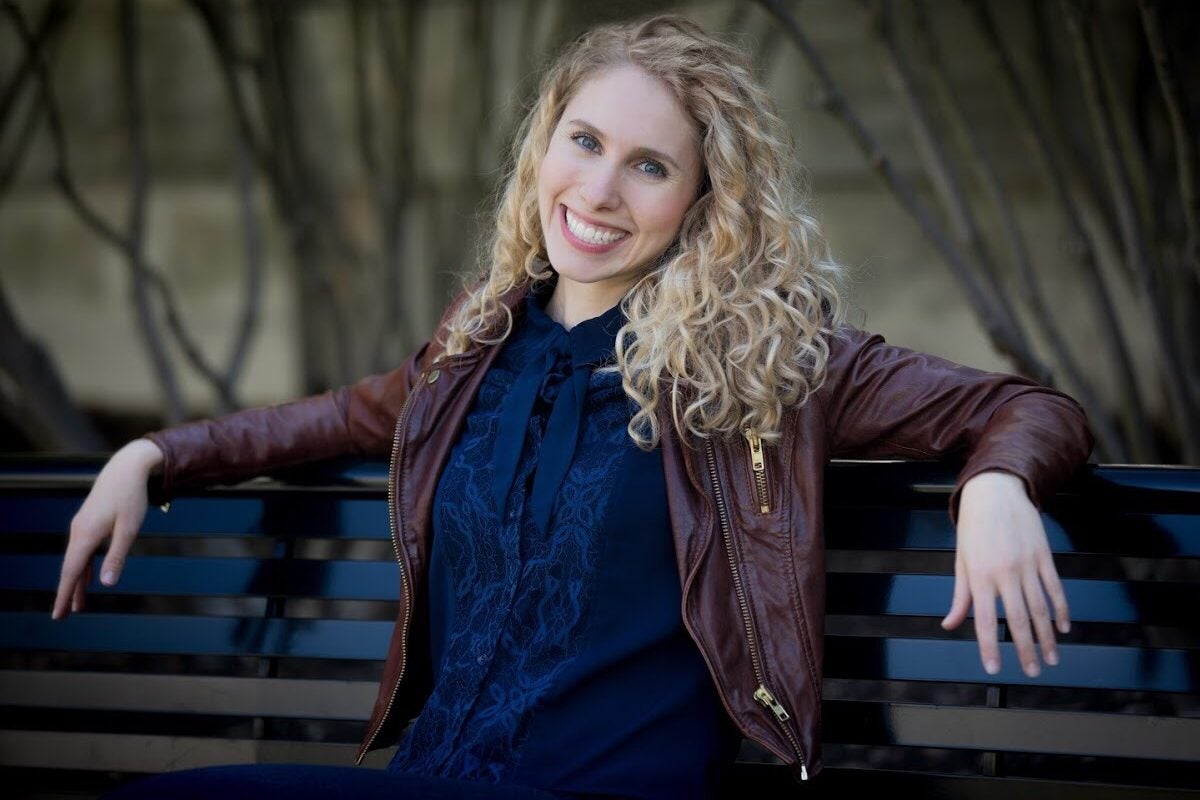Kasley Killam, MPH ‘20, is a SBS graduate interested in how social relationships influence health and well-being. As the founder of Social Health Labs, she collaborates with cross-sector partners on local, state, and national initiatives to alleviate social isolation and loneliness. In December, Kasley launched a monthly microgrant program to strengthen communities across the country.
As a student here during the early stages of the COVID-19 pandemic, how has the global crisis influenced your interest in well-being and community connection?
The pandemic has brought to light how much our health and well-being depend on other people. Human connection can spread disease—but it can also prevent disease. Research has shown that prolonged isolation and loneliness eat away at not only our happiness, but also our immune systems. In contrast, supportive relationships are protective and can extend our lifespans.
As I wrote for the Harvard Public Health Magazine in October, the past year has reinforced and re-energized my commitment to advancing what I refer to as social health: the dimension of well-being that comes from connection and community. If you think of physical health as about our bodies, and mental health as about our minds, social health is about our relationships. This term has been used by researchers in the past, but it isn’t yet well known; I hope to help change that.
What was your most memorable experience here at Harvard Chan and at SBS?
I have so many good memories from my time there! One was collaborating with Dr. Ichiro Kawachi on a textbook chapter about how the built environment (i.e., physical spaces like cities and buildings) influences social capital (i.e., resources that people can access through their social networks) and thereby health. The central question we sought to answer was: how can places be designed to promote connection? I find this topic fascinating and loved going down a rabbit hole of research (at one point I found myself reading a systematic review of systematic reviews—yes, that’s a real thing!). Academic timelines are long, so keep an eye out for our chapter in Making Healthy Places: Designing and Building for Health, Well-Being, and Sustainability (2nd Edition) when it gets published.

Social Health Labs
What inspired you to create a national community microgrant program?
It all began with an intergenerational gathering I hosted in San Francisco a few years ago. The intent was to facilitate a few enjoyable hours of conversation across ages—but it ended up having ripple effects far beyond that. I realized how simple yet impactful local community connection can be.
Fast forward to a lecture I attended at Chan where we learned about the Social Ecological Model, which is a helpful way to think about the different levels through which you can improve people’s health (e.g., policy, workplaces, schools, etc.). My work since graduating has focused on applying this model to the public health issue of loneliness, which can be as harmful as smoking. While I believe that we as a society should take action at all levels to reduce and prevent loneliness, I thought back to that intergenerational gathering and the potential impact of investing at individual and interpersonal levels.
So I dreamed up the idea to give $1,000 each month to someone who feels inspired to take action and strengthen relationships in their local neighborhood. With support from the Well Being Trust, we started funding community builders across the country in January. I shared more about this journey in this blog post, and you can get to know the winners (or apply!) on our website.
What advice would you give to incoming SBS students?
Whether you are remote or in person, take advantage of the opportunity to connect with people (both peers and faculty) at Chan and the other Harvard graduate schools. When I started the program, I set a goal of having coffee with at least one new person each week. I ended up far surpassing that (face to face at first and virtually once lockdowns hit) and built many lasting friendships and useful partnerships as a result. You’d be surprised by how many people will say “Yes” if you simply reach out and express interest in getting to know them. Plus, especially if you are remote, this will help your and their experience feel a little less lonely!
How can the SBS community learn more about you?
Visit my website where you can read my articles and subscribe to my newsletter. And feel free to connect on Twitter, Instagram, and LinkedIn.
-Interview by Daniel Choi




